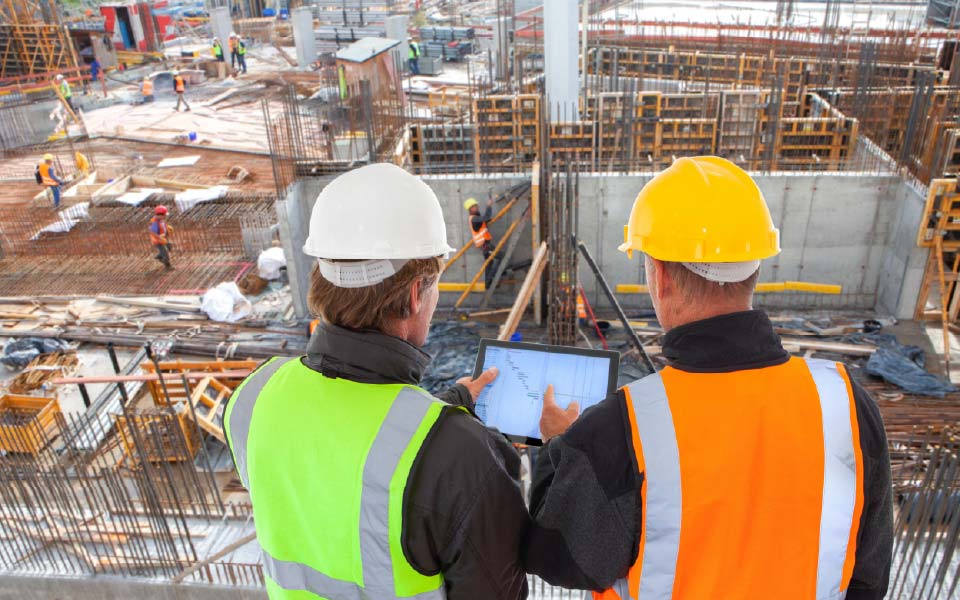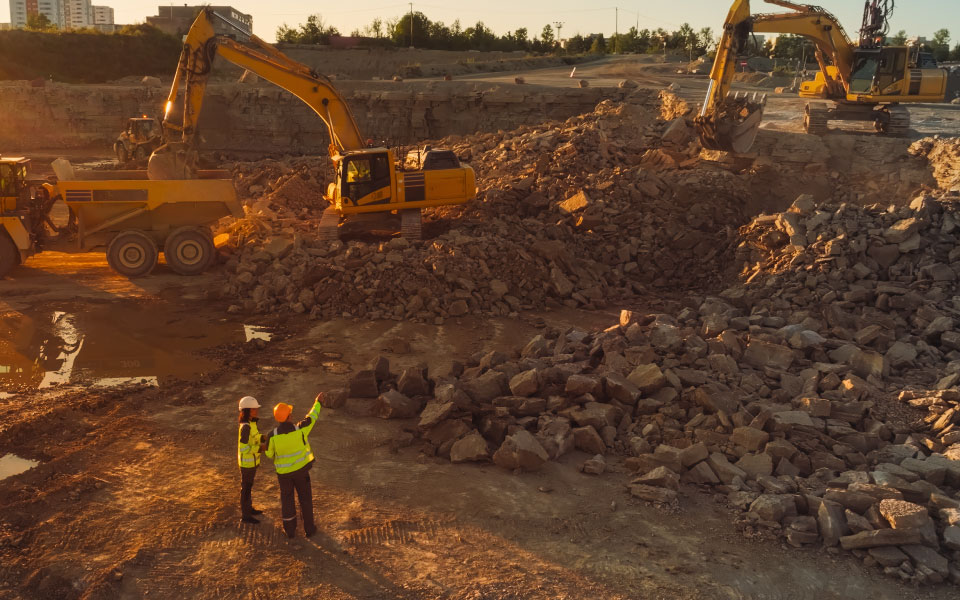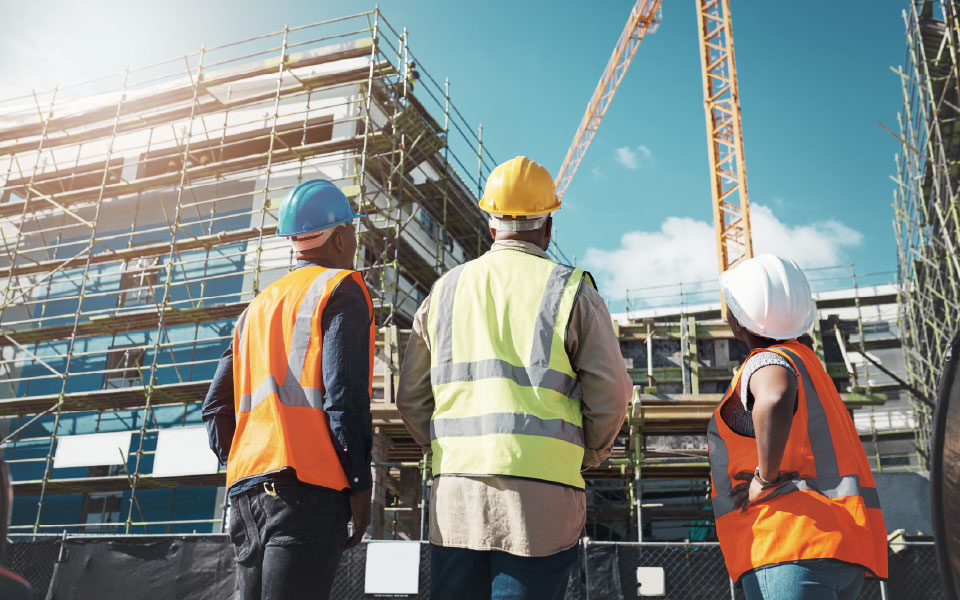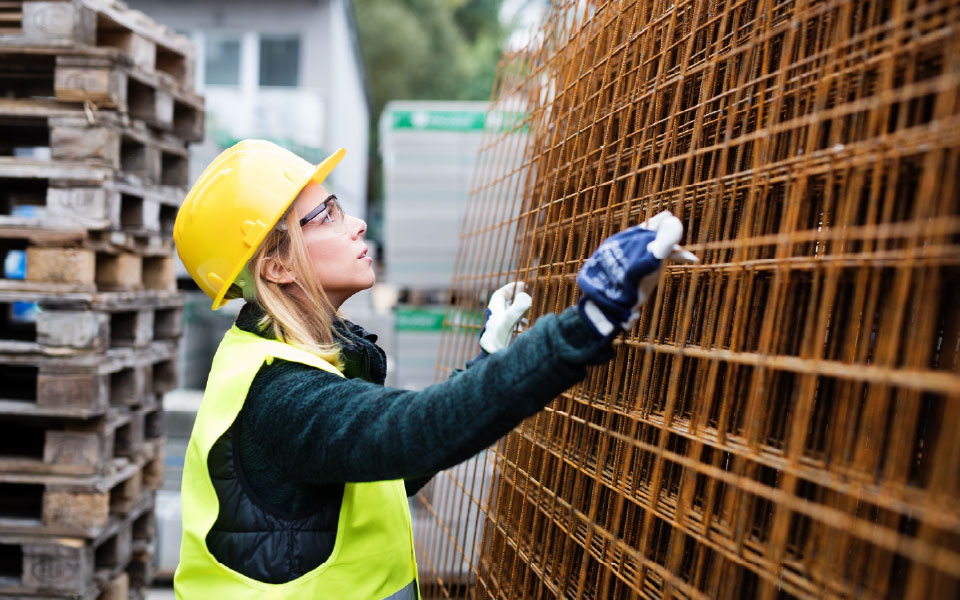The first few months of the Trump Administration have brought profound changes that have led to macroeconomic shocks, pullbacks in federal spending, and significant policy shifts. These are affecting the construction industry in both the near and long term. Some of these changes, such as tariffs, have changed day to day, while others are being challenged in court. While outcomes remain uncertain, one thing is clear: planning is more important than ever for construction leaders.
At the time of this writing, tariffs remain a central concern, having sparked a trade dispute that’s already driving up costs and contributing to inflation. How you weather these tariffs could be the difference between success and failure.
Tariffs are effectively taxes, boosting the cost of raw materials and finished products required to complete jobs. Even when domestic producers can meet demand, costs will rise due to market forces. Bedrock construction materials such as steel and aluminum, lumber, ceramic tiles, and renewable energy products have all been affected.
Tariffs make pricing out jobs trickier, so you must factor them into quotes whenever possible. The COVID-19 pandemic, with its soaring material price increases, served as an excellent training ground for this challenge.
Strategies to Help Offset Tariff Impacts
- Include tariff clauses in contracts. This insulates you from price increases outside your control while providing customer transparency through a signed deal that limits cost changes to tariff-related adjustments.
- Diversify your suppliers. Many tariffs are case-by-case, and exemptions are already appearing. For example, if steel from China is deeply affected but steel from South Korea isn’t, use this as an opportunity to build relationships with suppliers.
- Go domestic. While prices may still rise, domestic suppliers can provide more pricing certainty along with lower shipping and lead times.
- Make strategic purchasing. Plan your purchases to minimize tariff impacts. Maintain a strong inventory where feasible, balancing between the costs of goods with the costs of storage and close attention to cash flow.
- Leverage loopholes. The 2018 Trump tariffs featured many exemptions, and similar relief is emerging today. Monitor policy changes closely and find programs that reduce or eliminate duties on key goods. A trade expert or customs broker can help find tariff relief.
- Innovate where possible. Consider alternative materials that are less affected by tariffs. Sustainable products and techniques like recycled material, engineered wood, and local sourcing can be cost-effective and sustainable.
- Focus on operational efficiency. Look for ways to streamline project management, reduce waste, and boost productivity. Technology and automation improvements provide a path for greater efficiency.
Imported construction materials are a major challenge—and an opportunity to improve your long-term operations.
Tariffs are only one of several threats to the construction industry in the coming years. Other issues include a possible macroeconomic downturn, likely reductions in federal and state funding, and labor challenges impacted by current immigration policies.
To succeed in this fast-changing environment, construction leaders must stay informed and flexible. Strategic planning and preparation are vital to success.
© Copyright CBIZ, Inc. All rights reserved. Use of the material contained herein without the express written consent of the firms is prohibited by law. This publication is distributed with the understanding that CBIZ is not rendering legal, accounting or other professional advice. The reader is advised to contact a tax professional prior to taking any action based upon this information. CBIZ assumes no liability whatsoever in connection with the use of this information and assumes no obligation to inform the reader of any changes in tax laws or other factors that could affect the information contained herein. Material contained in this publication is informational and promotional in nature and not intended to be specific financial, tax or consulting advice. Readers are advised to seek professional consultation regarding circumstances affecting their organization.
“CBIZ” is the brand name under which CBIZ CPAs P.C. and CBIZ, Inc. and its subsidiaries, including CBIZ Advisors, LLC, provide professional services. CBIZ CPAs P.C. and CBIZ, Inc. (and its subsidiaries) practice as an alternative practice structure in accordance with the AICPA Code of Professional Conduct and applicable law, regulations, and professional standards. CBIZ CPAs P.C. is a licensed independent CPA firm that provides attest services to its clients. CBIZ, Inc. and its subsidiary entities provide tax, advisory, and consulting services to their clients. CBIZ, Inc. and its subsidiary entities are not licensed CPA firms and, therefore, cannot provide attest services.















